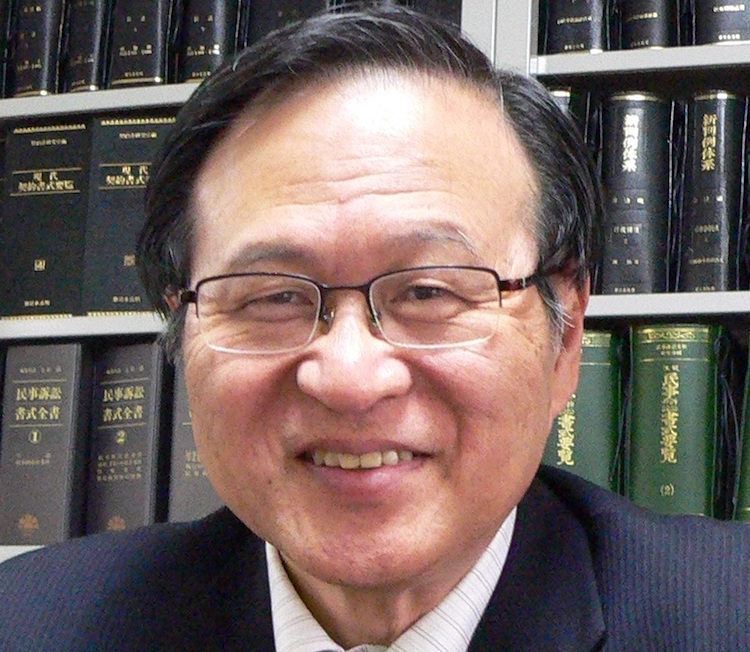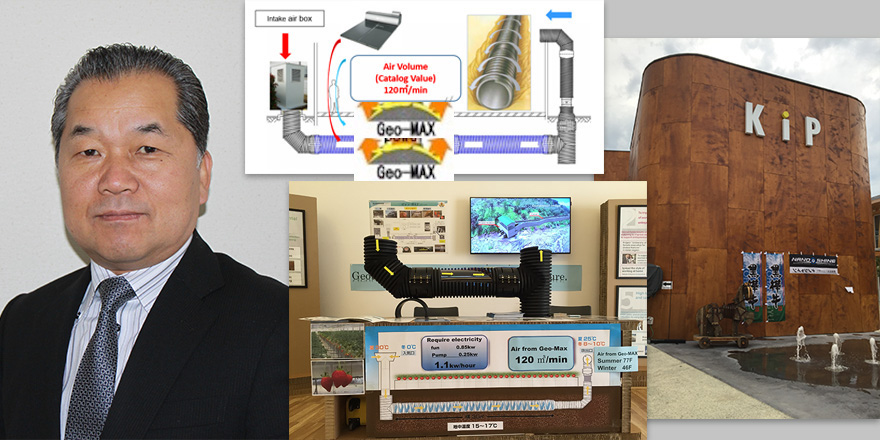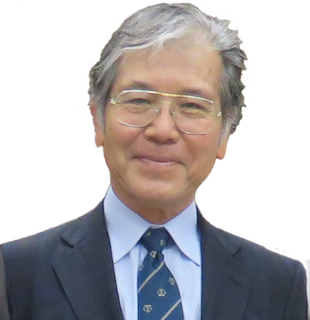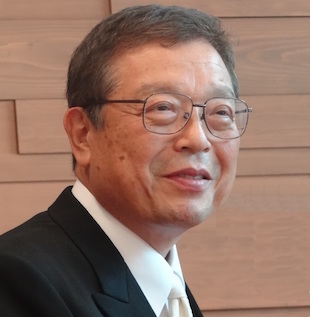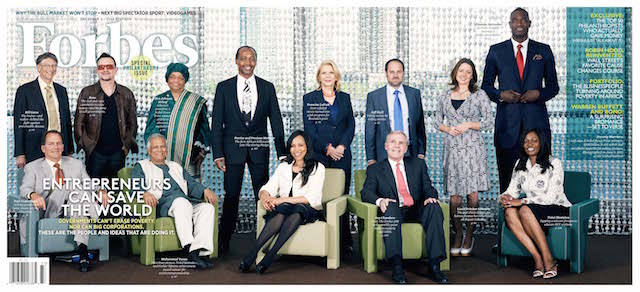Viewpoint by Toshiaki Kitazato*
TOKYO (IDN) – In the January 1995 Great Hanshin Earthquake, Kobe City – with its population of 1.5 million – was hit hardest by strong tremors. Nearly 6,500 people lost their lives
Eighteen years later, Japan suffered a great disaster yet again, followed by the massive tsunami caused by the earthquake in deep sea crusts in the Pacific Ocean on March 11, 2013. The East Japan Great Earthquake Disaster not only caused more than 20,000 death casualties but also destroyed the nuclear power plant buildings in Fukushima.
In Indonesia, great tsunamis were generated by the Sumatra earthquake in 2004 that recorded more than 220,000 death casualties in total in Thailand, Sri Lanka, India etc. Four years later, more than 87,000 people were killed by a devastating earthquake in Sichuan province of China. SPANISH | GERMAN | HINDI | JAPANESE

